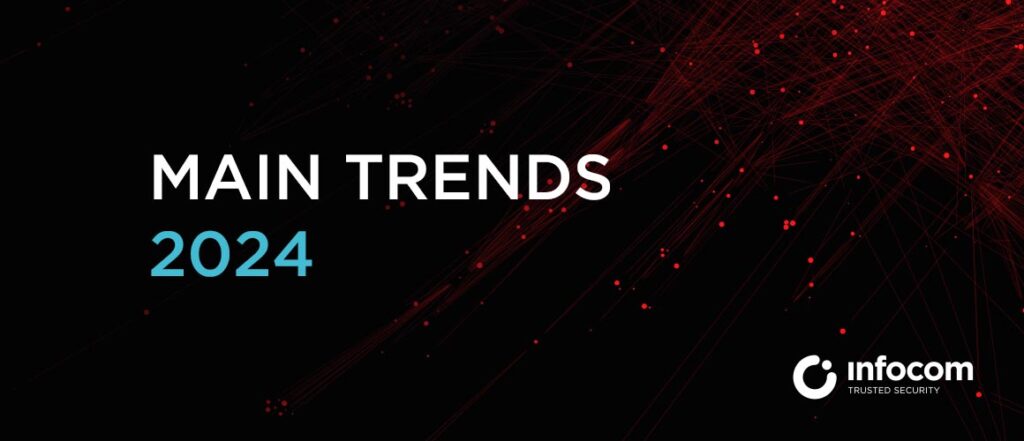DDoS Attacks: Record Growth
In 2024, the cybersecurity landscape faced an unprecedented surge in web DDoS attacks. Their number skyrocketed by 550%, flooding websites with millions of requests. For instance, a bank in the Middle East battled a massive attack for six days, with peak traffic reaching 14.7 million requests per second. The hardest-hit regions were Europe, the Middle East, and Africa, which accounted for 78% of all attacks. Ukraine found itself at the epicenter of cyber warfare, suffering 2,052 attacks, mostly from pro-Russian hacker groups.
Most Targeted Industries
In 2024, government institutions remained the primary target, making up 20.1% of all cyberattacks. The most affected countries included Ukraine, India, Israel, the US, Czech Republic, France, Poland, Spain, and the UK.
The business services sector ranked second (9.01%), covering e-commerce and corporate websites. The financial sector (8.86%) also suffered significantly, with online banking and payment services being prime targets.
Other industries impacted by cybercriminals:
- Transportation: 7.01%
- Media & Internet: 6.96%
- Manufacturing: 6.9%
- Education: 6.17%
- Hospitality: 5.95%
- Telecommunications: 4.5%
- Organizations: 5.57%
This data highlights that no sector remains unnoticed by cybercriminals, and every business requires robust protection against modern threats.
Telegram as a Hacker Hub
The popular messenger Telegram has become a major hub for cybercrime. The number of reported attacks originating from the platform has risen by 20%, with bots now offering “DDoS-for-hire” services—users can select a target and pay with cryptocurrency. Even after Pavel Durov’s arrest in August and Telegram’s cooperation with authorities (under U.S. requests), hackers continue their operations.
Bots: Emerging Threats
“Malicious” bots designed to steal accounts and data have become even more dangerous. Their share of total bot traffic has increased by 35%, reaching 71%. Additionally, so-called “gray” AI bots have emerged, secretly collecting data for AI training. API attacks have also surged by 41%, with “shadow” (undocumented) and “zombie” (outdated) APIs becoming easy targets for cybercriminals.
What Can You Do?
Cybercrime will continue to evolve and become more sophisticated. Don’t wait for a cyber incident to happen—act now. Contact us for expert consultation and tailored security solutions.
This material is based on the Radware “2025 Global Threat Analysis Report.”


